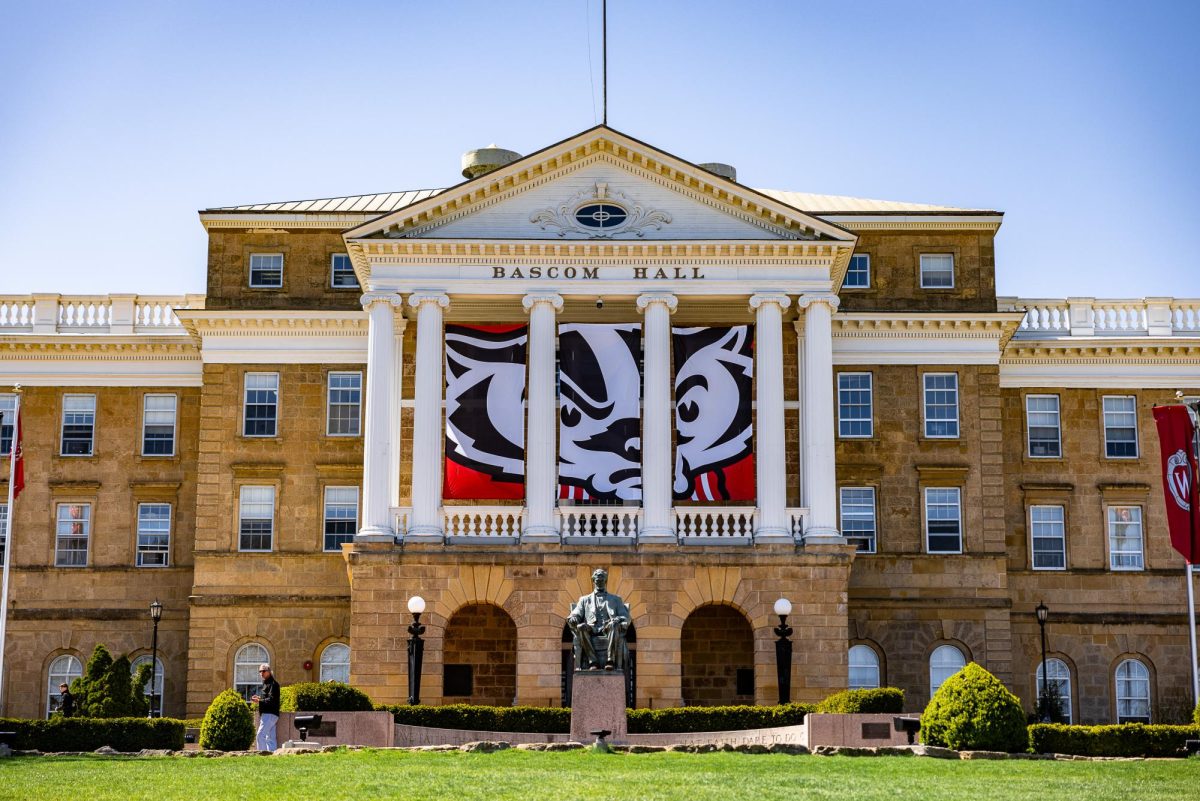At the end of the last scheduled meeting of the Senate’s session this year, Republican and Democratic senators exchanged criticisms over its failures and accomplishments.
The session, which began in January 2011, saw the passage of many controversial bills, including a repeal of collective bargaining rights for public employees.
Sen. Minority Leader Mark Miller, D-Monona, said the Legislature’s “primary failure” during the session was its lack of job creation.
“During the past year, we led the nation in job losses,” Miller said. “In the six months since budgetary measures took effect, there’s been six straight months of job loss. We have the resources to be at the front of the economic recovery, but instead we choose policies that are not working.”
Miller said these decisions are a result of the failure of Republican party leadership, members of whom who should have had a more open mind when addressing policy issues.
Sen. Alberta Darling, R-River Hills, disagreed with Miller’s perception of economic health in the last year. Darling said Wisconsin is on the right track and in better shape than a year ago.
“Our credit rating has gone back up two or three notches,” Darling said. “I think it’s remarkable that we are in a much better position than we were a year ago. I think our credit rating clearly reflects that and I think we’ll see the jobs follow.”
Darling praised the Legislature for making the tough decisions other states did not. She contrasted Wisconsin with California, a state which saw tax increases and a 20 percent decrease in revenue in the same time period.
Darling also criticized state unions for how they treated a Milwaukee union that recently decided to participate in parts of the bill repealing collective bargaining rights last year and contributed to their own health care and pensions so the state could allocate more funds to the classroom.
Sen. Lena Taylor, D-Milwaukee, disagreed with Darling and compared Wisconsin’s handling of the issue to other states like Ohio and Michigan.
“The governor of Ohio listened to the people and in the end said he messed up,” Taylor said. “The governor from Michigan decided that if you take the table away, you can’t have democracy in the workplace. You can come to the table, disagree and still get things done.”
Taylor added the key difference between Wisconsin’s Legislature and other state Legislatures was the way it went about business. She said the people gave a referendum on the Legislature and its actions when they signed recall petitions.
Senate Majority Leader Scott Fitzgerald, R-Juneau, gave the closing remarks of the session. He said this was the conclusion of a historic session that would be remembered for balancing the budget and making “tough choices.”
He said he was proud of what the Legislature accomplished and ended by reminding the Legislature of something he believed they might have forgotten.
“Ninety-two percent of the bills passed in this session had some bipartisan support in one house or the other,” Fitzgerald said. “Only nine of the bills passed were strictly on a party line. That might seem hard to believe based on the rhetoric, but I think it’s a testament that there is more bringing us together than driving us apart.”
















